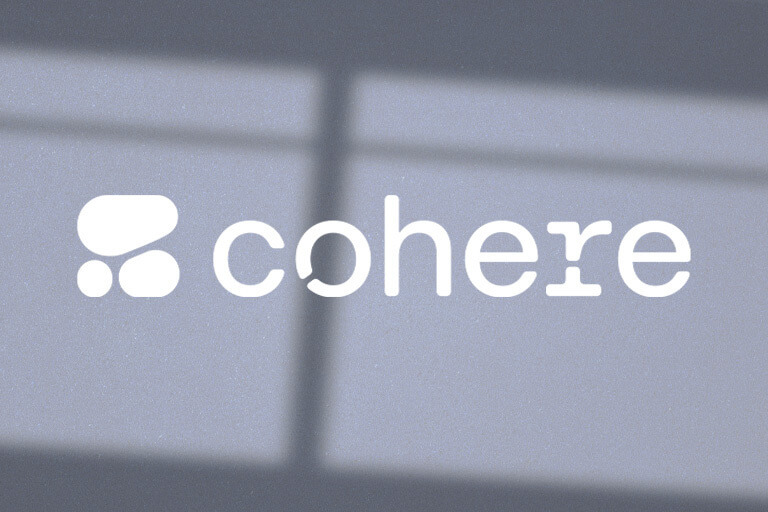Canadian AI startup Cohere has successfully obtained $450 million in funding. The investment comes from returning backers like Nvidia and Salesforce Ventures, along with new supporters such as Cisco and PSP Investments, a Canadian pension fund, according to a source with knowledge of the deal.
This investment completes the initial phase of Cohere’s extensive fundraising efforts, although the company continues to negotiate for additional funds within the same round, aiming for a $5 billion valuation, the source, who requested anonymity, revealed.
The latest funding represents a significant increase in Cohere’s valuation, which was previously $2.2 billion during its last private funding round in June, which included investors like Inovia Capital.
Cohere, a generative AI firm specializing in selling its models and applications to businesses with a focus on data privacy, reported $35 million in annualized revenue by the end of March, a rise from $13 million the previous year, the source noted.
Cohere declined to provide comments. Nvidia and Salesforce have not yet responded to requests for comment.
Reuters had earlier reported that Cohere aimed to raise between $500 million to $1 billion. Cohere competes with companies like OpenAI, Anthropic, and Mistral, which have also secured billions from strategic investors, including Microsoft, Google, and Amazon.
AI foundation model companies are in a race to secure funding to support the costly development of AI models that require substantial computing power and top-tier talent.
As one of Canada’s most prominent startups, Cohere stands to benefit from the Canadian government’s plan to invest C$2.4 billion ($1.77 billion) in compute and AI research to support domestic AI companies.
Founded in 2019 and headquartered in Toronto, Cohere develops large language models, which are software systems trained on vast datasets to generate text. Unlike OpenAI’s partnership with Microsoft, Cohere has avoided exclusive deals with cloud providers, even though it is backed by Oracle.
Despite the high training costs making many AI startups unprofitable, these companies strive to sell their technology to major firms capable of affording it to enhance productivity. Demonstrating revenue growth is crucial for securing additional capital.
The rush to fund AI startups has started to decline, especially at the early stages. Venture capital investment for pre-seed and seed-stage AI deals plummeted by 76% in the first quarter of this year to $122.9 million, from its peak of $517.7 million in the third quarter of 2023, according to PitchBook data.













